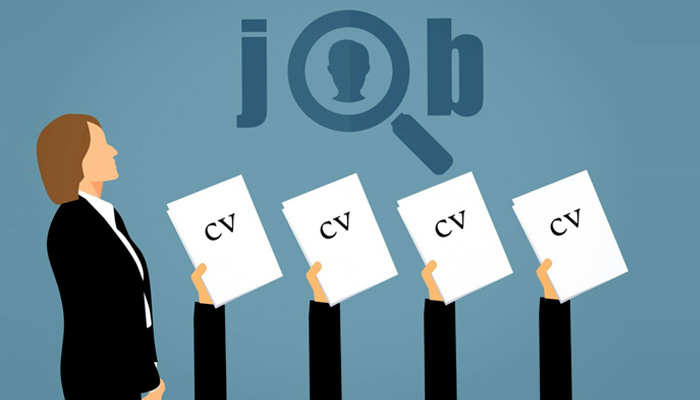Those who want to reorient themselves professionally cannot avoid creating a resume. Especially people who created the last resume a long time ago and also those who are just starting their professional lives often do not know exactly how to make a Resume.

The biggest advantage of a resume is its clear structure and format. All the information is listed systematically and in a uniform pattern so the prospective employer can get an overview quickly and easily.
They can also filter out the information that interests them at a glance. This plus point is also the decisive characteristic of a successful CV.
Not everyone knows how to make a resume and how to increase your chances of finding a job. The data and facts about your qualifications and previous career must be clearly presented.
To do that, you must summarize them in several categories. You can create certain headings and list the corresponding information in these categories. A breakdown according to the following scheme has proven its success in terms of candidate selection or priority amongst others.
Let us show you how to make a resume that will give you an edge throughout the interview.
1. Personal Data
You provide your full name, address and contact details. You also state your date of birth and your place of birth. Mention your country if you are not a citizen.
Example: If you are from Nepal and applying for work in India. But keep your religion and your political affiliation to yourself.
2. Professional Practice
This section includes your practical work experience. For each activity, you need to provide the period, the name of the employer and your job or position description.
You should also describe your area of responsibility briefly and concisely. You can also mention special successes or achievements. The best way to design the description is by keyword.
If possible, you should describe your tasks and activities in such a way that they relate to the position you are looking for.
3. Education Path

This section summarizes your professional and/or school education. As far as school is concerned, it is enough to state your highest level of education. For this purpose, you name the school and the state its located in, the stream and the final grades or marks.
For higher education, you name the university, your subjects, and your degree. With vocational training, you list your training institute, the type of training and your degree. In addition, you should list the most important content of your training in keywords.
Again, however, try to design the information so that there is a benefit for the advertised position.
4. Special Knowledge and Skills
If you have additional qualifications or if you have attended further training courses that could be useful for the job you are looking for, please list them here.
In addition, you list skills such as foreign language or computer skills in this category. You should specifically name and classify them. But be honest about the level of skill as a beginner or expert.
It doesn’t help if you write about very good English skills, but then don’t understand a question in English during the interview.
5. Other and Hobbies
In this section, there is space for all information that speaks for you but does not belong to professional practice or your educational path. These can be skills related to honorary positions, hobbies or personal interests. But make sure that your hobbies do not take up too much space. Otherwise, you might get the impression that you used to put more energy into your hobbies than at school or at work.

Suggested Read: How to Remove Password From PDF File
The arrangement of the data in the resume
There are two ways to arrange your data in the CV:
A. Chronological
With this arrangement, you follow the timeline. That means you start with listing the qualification that is furthest in the past. You then name all other qualifications and achievements in the actual order. Your current employment is listed at the very end.
B. Counter chronological
This arrangement is also known as the American or British form. Here you start with the current employment and then go back in time. The qualification that is furthest in the past appears last on your CV.
It is now common practice to choose the counter-chronological arrangement. This is because it draws the employer’s attention to what you are currently doing. For employers, this is usually more interesting than what you did ten years ago.
In other parts of how How to make a Resume we have discussed other major aspects of the resume like
How to write a Cover Letter
What to write as the salary expectation
The best design of the resume
Photo on Resume
Attachments to the resume
The outer packaging of your resume
Do’s and Don’t’s of sending resume through email
And many more…


